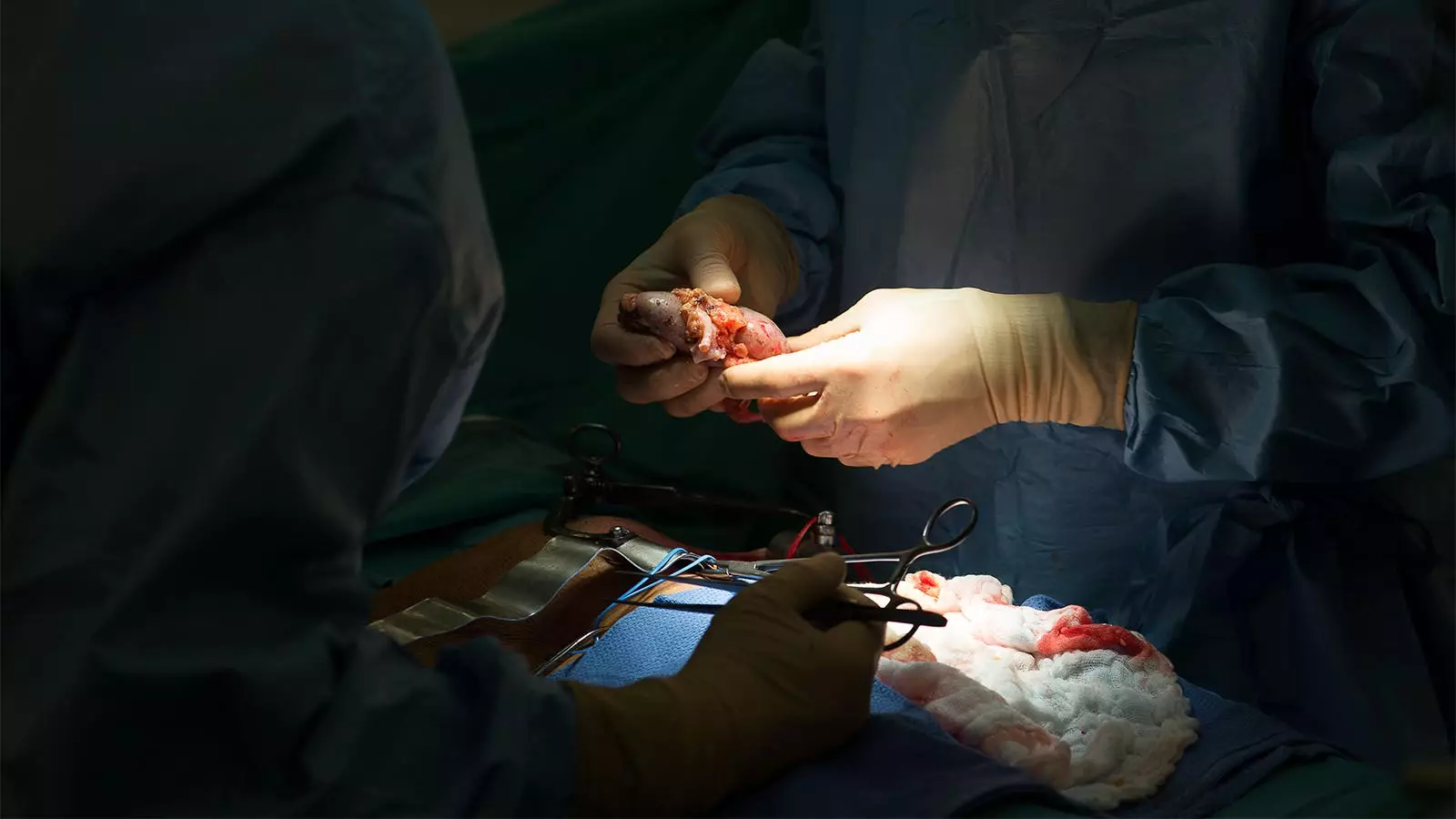The recent House Energy & Commerce Oversight and Investigations Subcommittee hearing shed light on some shocking and downright terrifying issues plaguing the organ transplant system in the United States. From reports of presumed deceased organ donors waking up and pleading for help to pancreases meant for transplants being misplaced in freezers, the system appears to be riddled with deep-rooted problems that need urgent attention.
The most disturbing testimony came from Greg Segal, the founder of Organize, who recounted how a whistleblower shared a horrifying experience of being asked to recover organs from a person who was still conscious and mouthing the words “Help me.” This revelation is not just disturbing but raises serious ethical concerns about the practices within the organ procurement and transplantation system.
Another critical issue highlighted during the hearing was the prevalence of conflicts of interest within the Organ Procurement and Transplantation Network (OPTN). Despite the requirements of the law, the OPTN board is reportedly filled with members from the contractor managing organ procurement, raising questions about transparency and independence.
Dr. Seth Karp’s testimony about the self-interest, incompetence, and mismanagement leading to patient deaths while waiting for organ transplants is alarming. His accounts of cover-ups by OPTN leaders both in public forums and behind closed doors paint a bleak picture of a system that is rife with malpractice and unethical behavior.
During the hearing, witnesses proposed several solutions to address these issues and improve oversight within the organ transplant system. Segal suggested de-conflicting the OPTN board and moving to independent board appointments to ensure transparency and curb conflicts of interest. Additionally, he highlighted the need for professionalizing OPO staff interactions with donor patients to prevent further mishandling of organ procurement procedures.
Dr. Jesse Roach raised concerns about the lack of transparency, patient focus, and equity in the organ transplant system, emphasizing the need for increased oversight and accountability. The growing number of kidneys being wasted while thousands of patients die waiting for transplants each year showcases a systemic failure that cannot be ignored.
Subcommittee members expressed concerns about the disparities in access to organ transplants, particularly for individuals residing in rural or underserved areas. The closure of transplant centers serving rural populations highlights the need for a more inclusive national policy that prioritizes access to care for all individuals, regardless of their geographic location.
Rep. Michael Burgess’s remarks on the serious allegations of Medicare fraud within the system underscore the urgency of addressing financial malpractice and ensuring that resources are allocated appropriately. As the demand for organ transplants continues to rise, it is imperative that regulatory bodies take decisive action to rectify the systemic issues that are undermining the integrity of the organ transplant system.
The revelations made during the House Subcommittee hearing shed light on the urgent need for reform and stricter oversight of the organ procurement and transplantation system in the United States. Addressing conflicts of interest, enhancing transparency, and improving patient access to life-saving treatments must be at the forefront of efforts to restore public trust and ensure the ethical and efficient functioning of the organ transplant system.


Leave a Reply